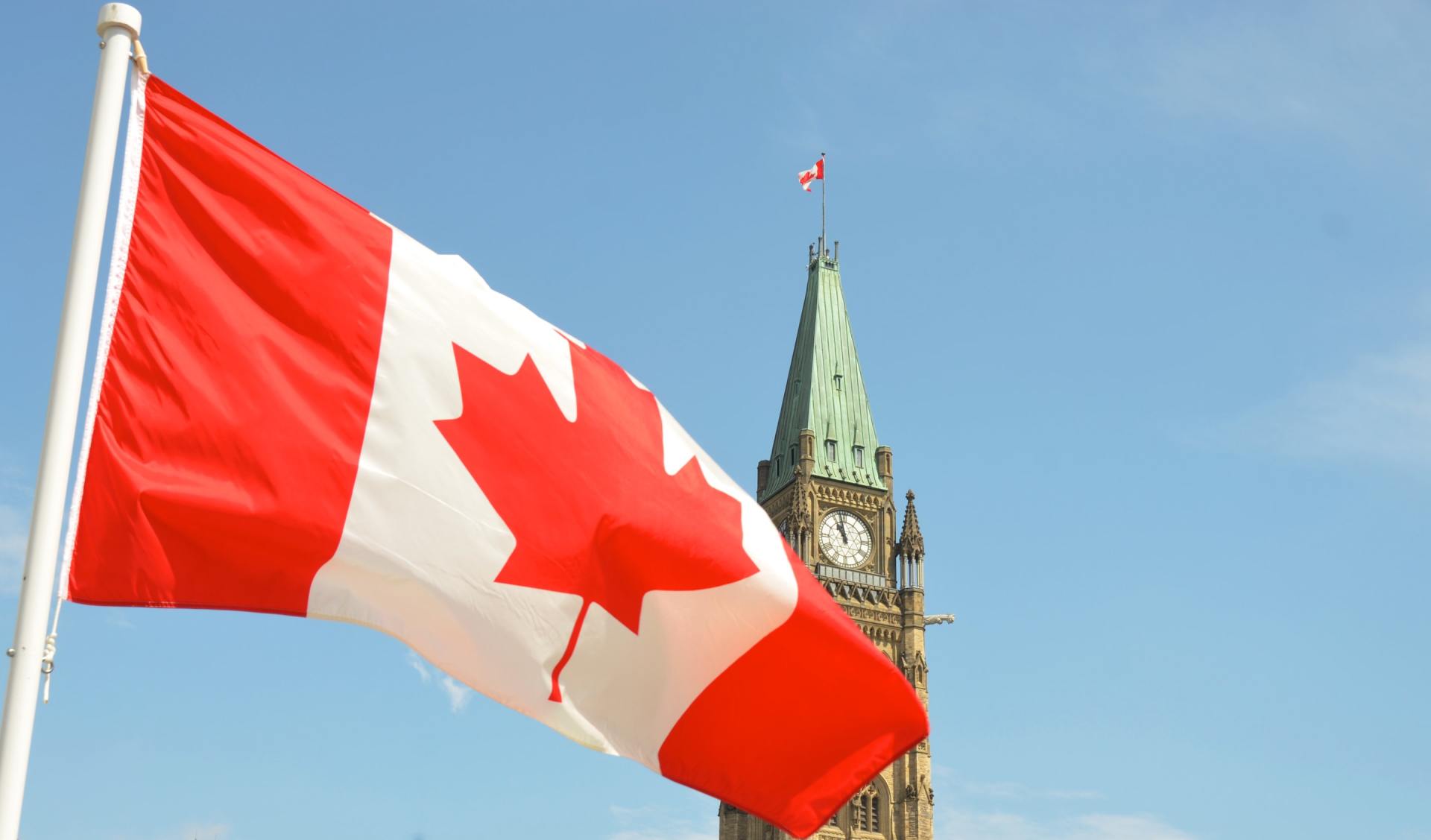Tips To Maintain Your Financial Health
It is important to be financially healthy! Canadians have ranked money as their greatest cause of stress in life and it doesn't have to be this way.
FP Canada’s latest research found that one-in-10 report the pandemic has significantly impacted their stress levels. Canadians between 18 and 34 years old, in particular, have reported being impacted by job losses or reduced hours during the pandemic to a greater extent than other age groups.*
What’s more, younger Canadians and those without a financial planner, our research revealed, are significantly more likely to say money causes stress in their lives. Those who say the COVID-19 pandemic is having an impact on their financial stress levels are more than twice as likely to name money as the biggest stressor in their lives.*
Canadians Favour Fitness Over Finances
A poll conducted a few years ago — by a fitness chain, unsurprisingly — appeared on some news sites with the headline “Canadians favour fitness over finances.”
The survey found that one-in-three Canadians chose improving their personal fitness as a top goal, compared with only 21% who wanted to focus on their finances.
Statistics Canada has found that Canadians spend a substantial amount of money on items like restaurant meals — as much as $50 a week per household — and amusement and recreation services, including clubs or sports teams.
There’s no question that embracing physical fitness, dining out or taking up hobbies to improve our physical and mental health should be a top priority.
But Canadians have ranked money as their greatest cause of stress in life, according to the FP Canada™ 2020 Financial Stress Index. The index found that the physical and emotional impact of financial stress can be profound, causing many of us to lose sleep and develop health problems, including substance abuse and mental health issues. It also causes our marriages and relationships to suffer, as well as our productivity at work.
"We know that money is a huge stressor for so many Canadians, especially right now,” says Shannon Lee Simmons, CFP, founder of the New School of Finance. “Focusing on financial goals is every bit as critical as self-care. In fact, I'd argue that financial planning is a form of self-care."
Like visiting a personal trainer for fitness guidance or calling a plumber for a persistent leak, financial planning is too important to handle with a do-it-yourself approach.
And just like a personal trainer would offer a workout plan to follow, a robust financial plan serves as a path towards long-term financial resilience, stability and a positive relationship with money. In fact, those who have a financial planner, compared to those who don’t, are significantly more likely to create an emergency savings fund and build a financial plan, the Financial Stress Index found. Those with a financial planner are significantly more likely to be shielded from financial stress, with 53% telling us that it doesn’t impact their lives at all, compared to 37% who don’t work with a planner.
Statistics show that Canadians need financial guidance now more than ever. A key measure of household debt ballooned in the first quarter of 2020 as the COVID-19 pandemic began to take hold of the economy, according to Statistics Canada.
What’s more, younger Canadians and those without a financial planner, our research revealed, are significantly more likely to say money causes stress in their lives. Those who say the COVID-19 pandemic is having an impact on their financial stress levels are more than twice as likely to name money as the biggest stressor in their lives.
Even prior to the pandemic, FP Canada research found that one-in-five Canadians with debt expect they’ll need to liquidate assets like RRSPs to help pay it off or pay it down.
“The enduring COVID-19 pandemic means there’s never been a more critical time to assess how and where you spend money, to learn how to build an emergency savings fund for when the unthinkable happens — and to formulate a resilient and strategic plan on what to do when it does,” Simmons says.
So rather than splurging on new workout clothes or some other consumer good in the midst of COVID-19, Canadians would be wise to invest in their financial future right now by turning to a Certified Financial Planner® professional or Qualified Associate Financial Planner™ professional.
That small investment will help them take control of their money and pave the way towards lifelong financial stability and peace of mind.
If you want to learn more, contact our Wealth Management team today.
* Source https://www.financialplanningforcanadians.ca/articles/prepare-financially-for-second-wave-covid-1






